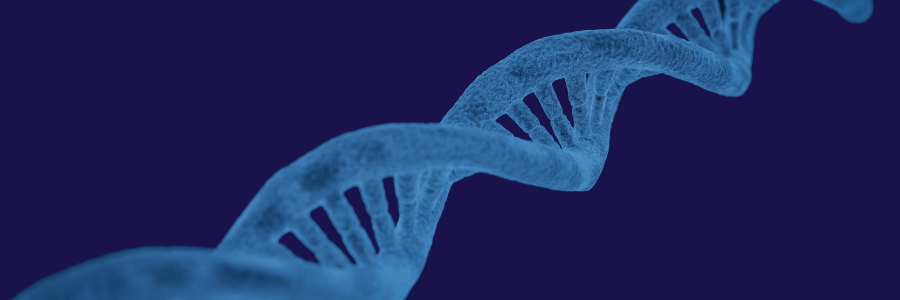FDA Approves First Gene Therapy for Dystrophic Epidermolysis Bullosa (DEB)
Hans-Peter Kiem, MD, PhD - May 24, 2023
Vyjuvek is the first FDA-approved gene therapy for dystrophic epidermolysis bullosa (DEB) and the first topical gene therapy approved in the U.S. It's indicated for use in patients 6 months of age or older.

On May 19, the FDA approved Vyjuvek (beremagene geperpavec-svdt, formerly known as B-VEC), a herpes-simplex virus type 1 (HSV-1) vector-based gene therapy, for the treatment of wounds in patients 6 months of age and older with dystrophic epidermolysis bullosa (DEB) with mutation(s) in the collagen type VII alpha 1 chain (COL7A1) gene. It is the first topical gene therapy approved in the United States and the first-ever approved redosable gene therapy.
DEB is one of the forms of epidermolysis bullosa, a rare condition in which a genetic mutation halts the production of the protein collagen VII—which in healthy individuals binds the middle and outer layers of the skin. The inability to produce collagen VII leads to blisters, open wounds, and scarring, usually from birth. DEB is severely painful and often leads to mortality in early adulthood. Its prevalence is around 3.3 per million people.
The Vyjuvek gel works by making the missing collagen VII protein, therefore stabilizing the skin’s structure. It uses modified HSV-1 to deliver a copy of the collagen VII gene to the surface of the skin.
HSV-1 doesn’t trigger an immune response in humans, making it the right candidate to deliver the gene through repeated applications. Vyjuvek can be applied weekly in droplet form by a healthcare professional.
The safety and effectiveness of Vyjuvek was primarily established through a study published in December 2022 in the New England Journal of Medicine. In the clinical trial of 31 people with DEB, at 24 weeks, 26% of wounds in members of the control group completely closed. In the treatment group, 65% of wounds completely closed. The most common adverse reactions included itching, chills, redness, rash, cough, and runny nose. In a separate clinical study of two patients aged 6 and 7 months, no new safety findings were reported.
The approval of Vyjuvek was granted to Krystal Biotech, Inc. The company expects it to be available in the U.S. in the third quarter of 2023.
Related Articles